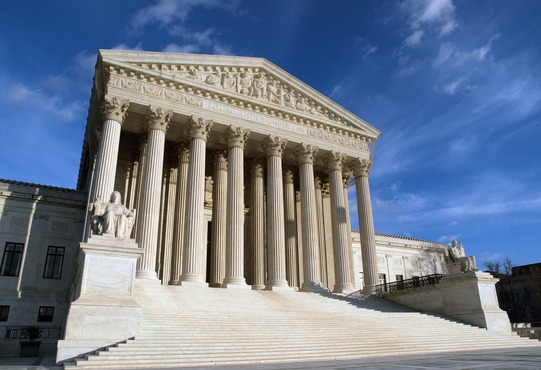With only a few exceptions, the Bankruptcy code exempts Individual Retirement Arrangements, more commonly known as IRAs, allowing debtors to keep their retirement funds. In a recent unanimous decision in the case of Clark v. Rameker, the Supreme Court created another exception to this general rule. The Court held that an inherited IRA has no such exemption, making it part of the “Bankruptcy Estate”, which is comprised of the non-exempt assets controlled by the Bankruptcy Trustee. These assets are either sold or liquidated in order to pay back creditors or they are abandoned by the debtor at the end of the case.
An inherited IRA is exactly what it sounds like, a traditional or Roth IRA that has been “inherited” after the account holder’s death. However, the rules applicable to inherited IRAs are different than traditional or Roth IRAs and because of the following differences the Court ruled against the debtor in Clark v. Rameker.
Unlike other IRAs, an inherited IRA acts like more like a bank account than an IRA, the heir can take out any amount at any time, whereas any distributions from a traditional or Roth IRA before the owner reaches age 59½ will usually come with a 10% federal tax penalty. Additionally, the heir must withdraw the entire account balance within five years of the original owner’s death, or take annual minimum distributions. But note that when the heir is the account holder’s spouse, they can “roll over” the IRA funds into their own “rollover” IRA (and keep the funds exempt in a bankruptcy), or they can keep the IRA as an inherited IRA.
In holding that an inherited IRA was not a retirement fund and, therefore, not exempt from creditors claims, the Court was careful to “balance between the interests of creditors and debtors.” There is no question that the Bankruptcy Code allows debtors to exempt traditional and Roth IRAs. This helps ensure that they will be able to meet basic needs during retirement. However, the Supreme Court unanimously felt that if an individual were allowed to exempt an inherited IRA from his or her bankruptcy estate, the characteristics of an inherited IRA would provide a windfall to the debtor, transforming the Bankruptcy Code’s purposes of providing a “fresh start” and turn it into a “free pass”.






